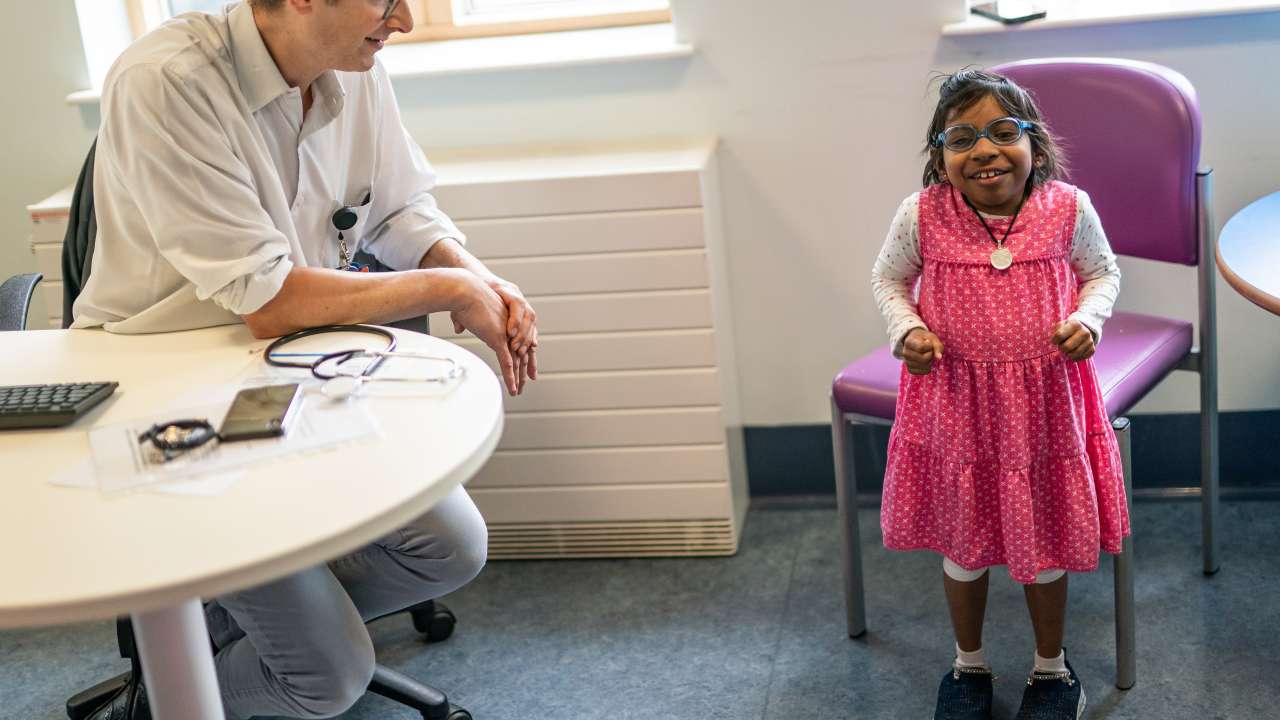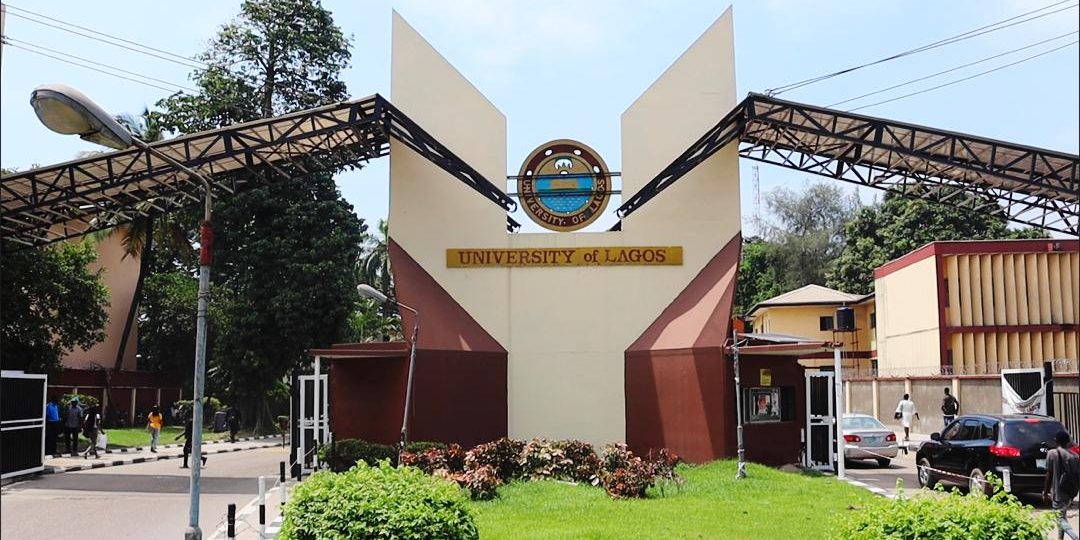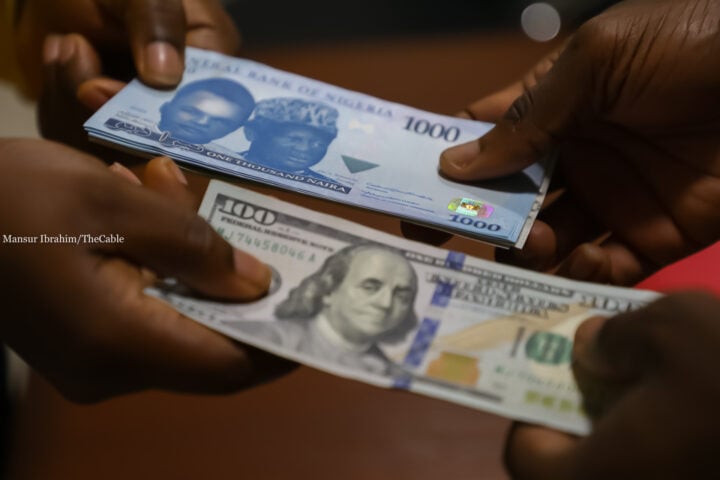Shankar
Aditi Shankar, an eight-year-old girl, has become the first child in the UK to receive a kidney transplant that does not require her to take long-term immunosuppressants.
Immunosuppressants, also known as anti-rejection drugs, are required after a transplant to help prevent the immune system from attacking or rejecting the donor organ.
The drugs usually need to be taken daily for life but Shankar stopped taking them a month after her surgery.
Shankar has an extremely rare inherited condition, Schimke’s immuno-osseous dysplasia (SIOD), which weakened her immune system and meant her kidneys were failing.
Advertisement
According to BBC, the surgery, carried out by doctors at Great Ormond Street Hospital (GOSH), was made possible by reprogramming her immune system before giving her the new kidney.
BACK TO SCHOOL
First, a bone-marrow transplant using stem cells from her mother, rebuilt Shankar’s immune system.
Advertisement
Six months later, she had a kidney transplant, also donated by her mother, and her immune system accepted the organ.
Within weeks of the transplant, Shankar was taken off immunosuppression.
She is now back at school, with her immune system and transplanted kidney working perfectly.
Stephen Marks, children’s kidney specialist at GOSH, said Shankar’s treatment appears to have been a success.
Advertisement
“She is the first patient in the UK who has had a kidney transplant to not require immunosuppressive medication after the surgery,” he said.
“A month after the transplant, we were able to take her off all of her immunosuppression, which means she doesn’t get the side-effects of the drugs.
“It really is great to see that she is an active eight-year-old girl, back to school, able to have an excellent quality of life.”
Advertisement
Add a comment






